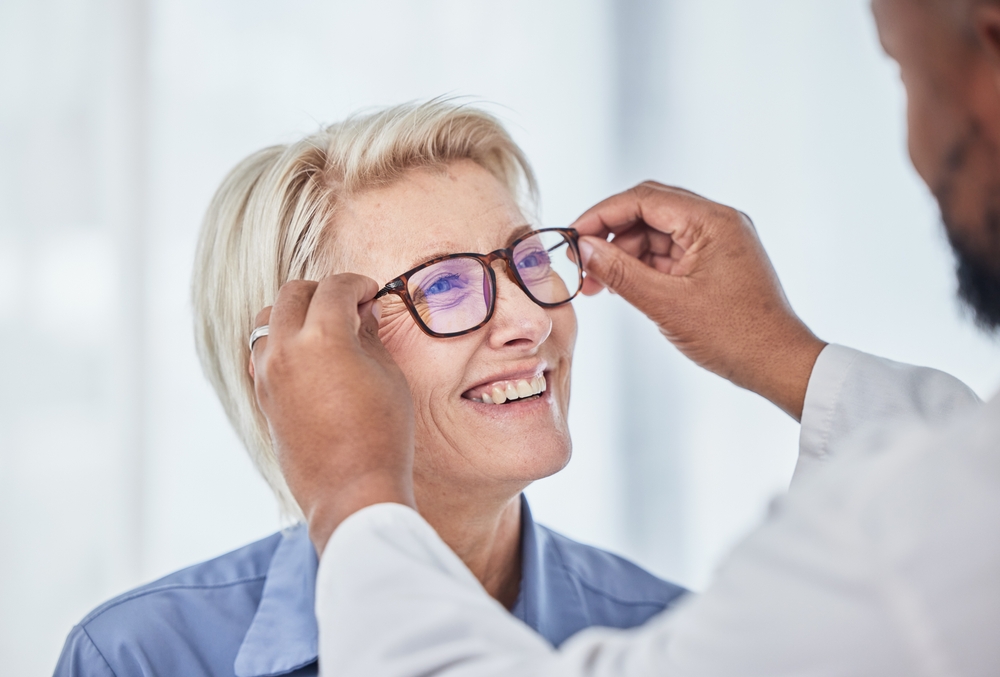
As you get older, taking good care of your health is crucial. This includes your eye health. Eye health experts suggest that about one in three seniors experience some eye disease or vision reduction. Regular eye exams are vital to monitor your eye condition and provide preventative care. You are likely to experience vision changes as you get older.
Older Adults and Eye Exams
Experiencing vision changes as you age is normal, and in many cases, there is no apparent cause. However, some vision problems can cause problems if left undiagnosed and untreated. Detecting eye diseases in the early stages helps ensure effective treatment.
Certain vision issues can impact a senior individual’s ability to remain independent and active. Regular eye exams are critical for an individual’s well-being and overall happiness. They can have a significant impact on preserving vision as people age.
How Often to Get Eye Exams
Comprehensive eye exams are vital for detecting eye diseases. They are the only way to identify early-onset diseases. Adults between 55 to 64 require a complete eye exam every one to three years. Adults above 65 years should take exams every one to two years. Individuals with existing eye problems will require more frequent exams. Your eye doctor will recommend the best schedule, depending on your condition.
What Eye Exams for Seniors Involve
Several tests are conducted during eye exams for seniors. These include eye pressure testing, visual field tests, a dilated retinal exam, a slit lamp, and refraction testing. During the eye exam, the ophthalmologist will check the depth perception, visual acuity (sharpness), eye movement, and alignment. The exam can help detect signs of diabetes or high blood pressure.
Signs You Need to Visit Your Eye Doctor
Several eye issues can indicate you need to visit your eye doctor. They include:
Eye redness or draining
Eye pain
Decreased vision
Double vision
Experiencing flashes of light
Seeing floaters in the vision
Halos around lights
Why Seniors Need Eye Exams
There are various reasons why seniors require regular eye exams. Eye health can affect an individual’s physical and mental health. Eye changes and conditions can impact day-to-day activities, leading to falls and other injuries.
As people grow older, they are more likely to develop dry eye syndrome, cataracts, age-related macular degeneration, glaucoma, diabetic retinopathy, and retinal detachment. If not treated or managed promptly, the eye conditions cause vision loss or blindness.
Treating or managing eye conditions effectively can allow seniors to retain their independence and functionality. Successful eye surgery can allow the senior to drive and perform other activities. Preventative eye care tips can help protect vision and eye health. Avoiding smoking, eating a healthy diet, regular exercise, and using proper contact lens is vital for eye health and vision.
It is essential to wear protective eyewear during activities where eyes may get damaged. Wearing sunglasses will help protect the eyes from harmful UV rays.
For more on the importance of regular exams, call Blue Hills Eye Associates at (781) 794-2200 to reach our office in Braintree, Massachusetts.








